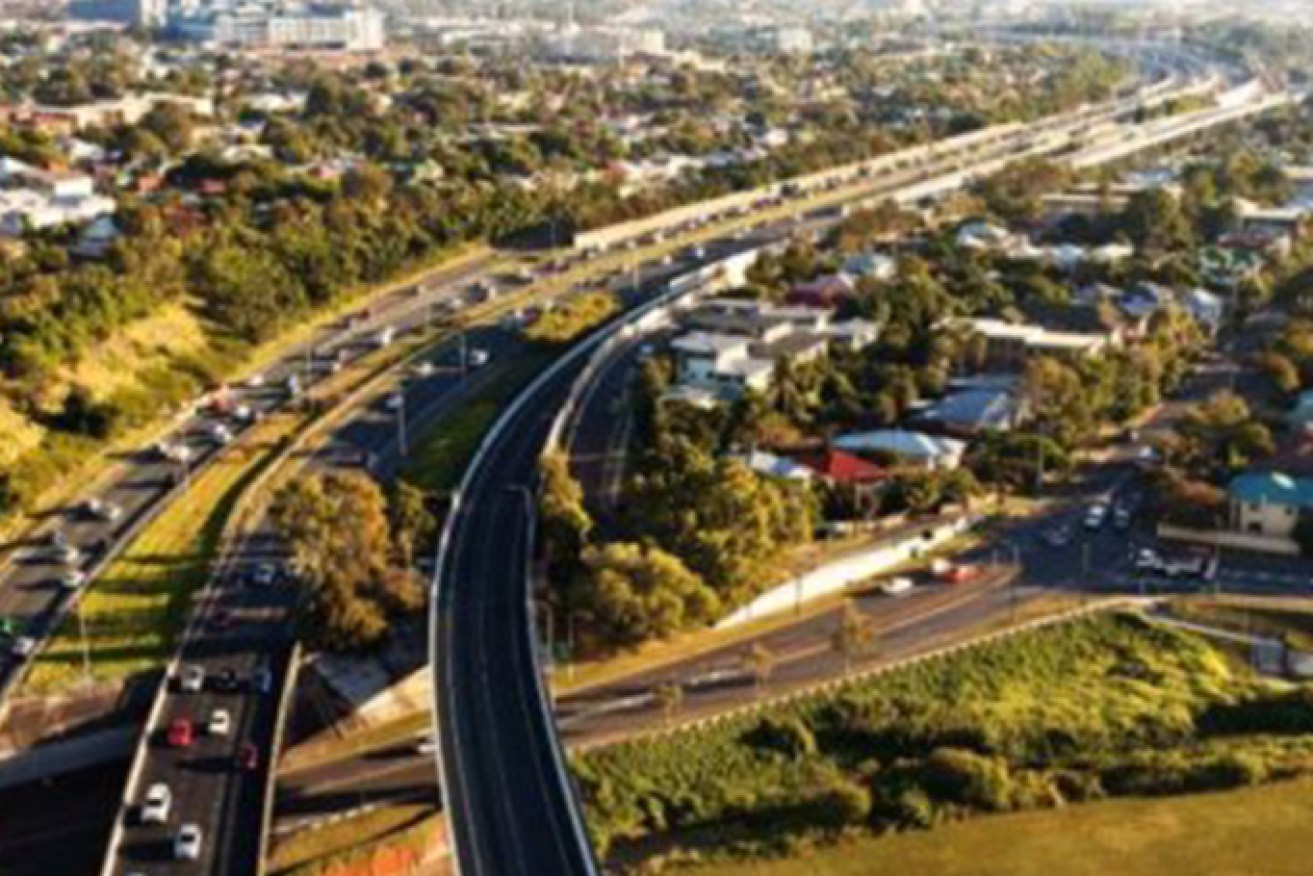Let the (power) Games begin: Roadblocks that lie ahead on our Olympic journey
A successful 2032 Olympics bid will require tough decisions on the best way to go about delivering the Games. Time to knock some heads together, writes Craig Johnstone


Future infrastructure will be one of the key elements to be governed by the proposed City Deal (Photo: ABC)
Just who should call the shots in organising and staging the 2032 Olympic Games if Brisbane is successful in its bid?
Given it’s really a south-east Queensland bid will regional jealousies prevent Brisbane City Council from having the ultimate say? What about the state and federal governments, who have to stump up most of the money for the required new infrastructure?
This week’s formal vote by the council to put forward Brisbane’s Olympics and Paralympics bid to the International Olympics Committee is but one more step in the formidable task of getting everyone’s ducks in a row, Games-wise.
Now that the bid appears to have the IOC’s favour, questions are being asked about the actions and structures necessary to host an Olympic Games.
Such a seminal event is as all-encompassing and unwieldy as it gets. With a myriad of stakeholders involved and huge sums of money to be spent, there will always be fears that, to paraphrase the immortal words of former IOC boss Juan Antonio Samaranch, the winner is…bureaucracy!
There is talk around town of a kind of SEQ Commission that would knock heads together in the lead-up to the Games and exist afterwards as a go-to body for tricky issues to do with the region’s growth.
Tellingly, the idea has grown out of the local business community rather than 1 William St or City Hall.
It also got an outing as one of the 20 goals that could be part of the legacy of a 2032 Olympics in a Committee for Brisbane paper launched by AOC president John Coates in Brisbane last week.
The paper spoke of south-east Queensland having a “regional governance framework, via an SEQ Commission, that provides optimum alignment, integration and collaboration across agencies, projects and funding programs”.
But there is an existing governance reform that has the attention of all levels of government and, when it comes to really big things like Olympic Games, it is governments that call the shots.
Key to just how, when and where infrastructure will be delivered in the lead-up to 2032 is an arrangement called a City Deal. Adopted from the United Kingdom, the city deal model is a new way to smooth the investment of public funds into urban infrastructure as well as encourage private sector investment.
A City Deal involves unlocking federal and state government funding for infrastructure while at the same time allowing local government to help decide how that funding can best shape urban growth. It gives more certainty to public infrastructure investment, thereby diving confidence in the private sector to invest.
In the UK, the impetus for such deals was to revitalise cities. In SEQ, the goal would be different in that it would give some structure and overall purpose to the region’s growth as the Olympics approaches and well after the last medal has been won and the cheering has stopped.
The state government and south-east Queensland councils have been working on what is called an SEQ City Deal since 2014. A 2019 KPMG analysis of the benefits found that the regional economy would grow another $58 billion with a City Deal in place.
Two years ago, the federal, state and local governments signed a statement of intent to deliver a proposed City Deal, called Transforming SEQ, by mid-2020. It wasn’t delivered, with the COVID-19 pandemic copping the blame.
Negotiations have recently resumed but the impatience for some sort of movement on a City Deal will ratchet up if Brisbane is confirmed at the 2032 Games host.
The region’s businesses have looked on as a Western Sydney City Deal was delivered, paving the way for $5.3 billion in federal funding for the second Sydney Airport.
Townsville, Perth, Adelaide, Hobart and even Launceston are all more advanced with their City Deals than SEQ, which is likely to be the nation’s biggest.
The IOC may confirm Brisbane as 2032 Games host as early as July. If it does, doubtless the partying will begin. But delivering the City Deal will be part of the hangover.












